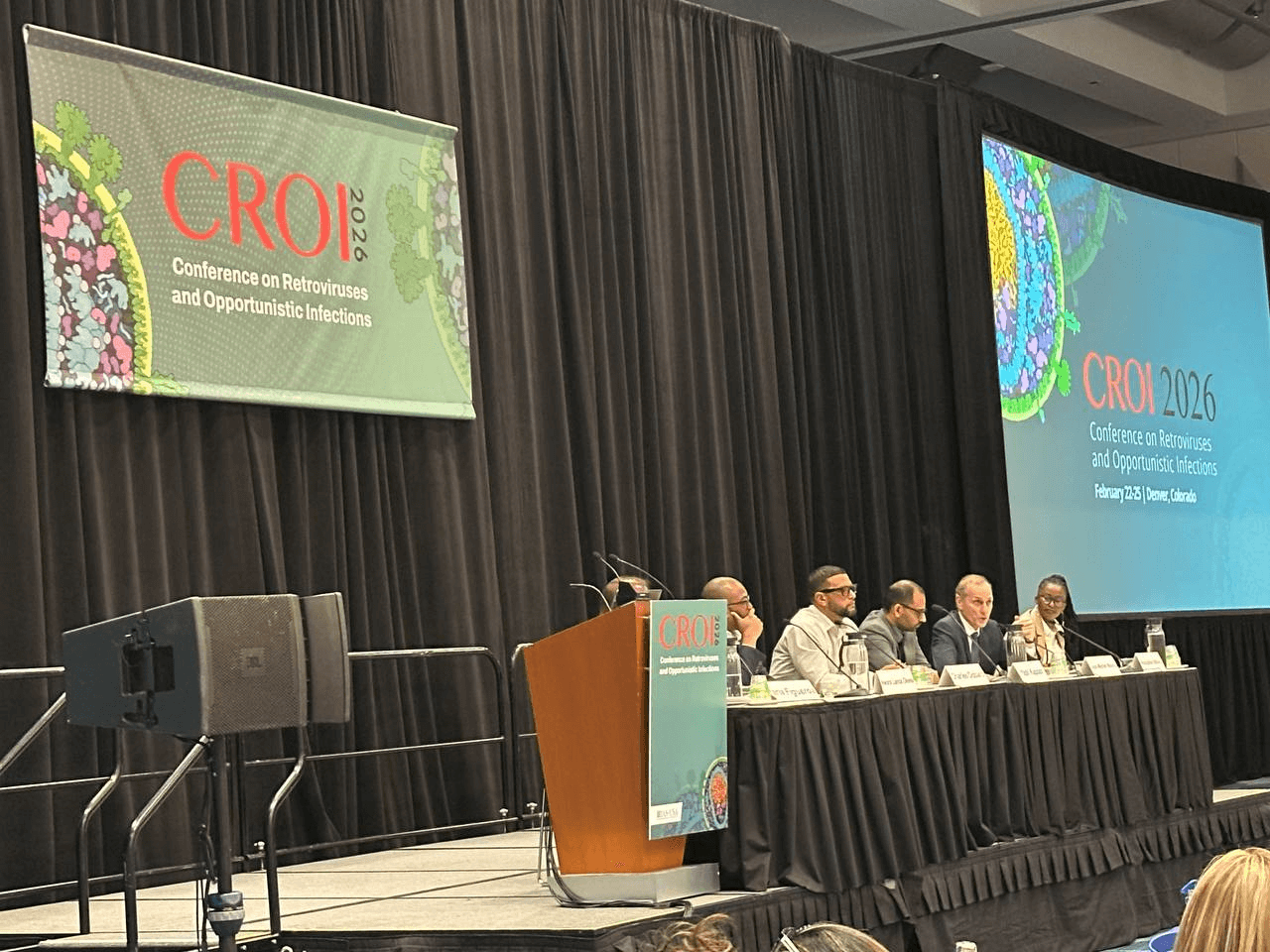amfAR Grants UMass Scientists To Eliminate HIV Reservoirs Using Gene Editing

A grant from amfAR to explore to eradicating the HIV genome in its host using a powerful gene-editing tool, CRISPR/Cpf1 has been received by two UMass Medical School scientists.
Jeremy Luban, MD, the David J. Freelander Professor of AIDS Research and professor of molecular medicine, and Scot Wolfe, Ph.D., professor of molecular, cell & cancer biology, are hoping that Cpf1’s unique capacity to employ multiple RNA “guides” will outmaneuver the wily retrovirus.
“HIV acts primarily as an evil gene, one that we want to get rid of,” said Luban. “It is a permanent member of an infected person’s genome, a permanent genetic element of your cells. CRISPR offers the possibility of removing it.”
The majority of investigators working with CRISPR are using Cas9 as a guide, including Luban and Wolfe in related research. But it turns out there’s a possibility that another protein, Cpf1, could be a desirable fit for CRISPR when targeting HIV. Luban and Wolfe guess that since CRISPR/Cpf1 can target multiple sites in the genome, it may be able to subdue HIV’s extreme variability.
“Cpf1 can be programmed to target various locations on the HIV genome simultaneously,” Wolfe said. “Similar to what happens when multiple antiretroviral drugs are combined to prevent viral escape through mutation, we anticipate the Cpf1 nucleases employing various guide RNAs, each targeting different conserved elements within the HIV genome, will prevent viral escape.”
The amfAR grant 'Bifunctional nucleases programmed by HIV-1 mRNA for reservoir eradication' is funded in three separate phases. In this first phase, funded at $200,000, the researchers hope to excise the HIV genome in a cell line successfully. The next step would use primary human blood cells, and the third humanized mouse models.



